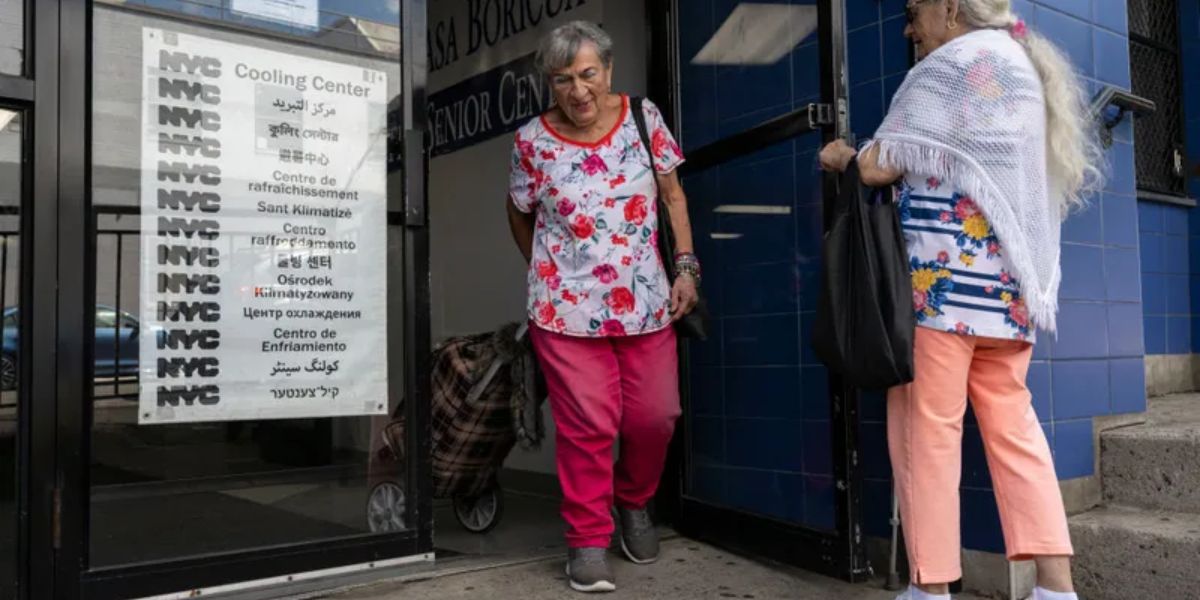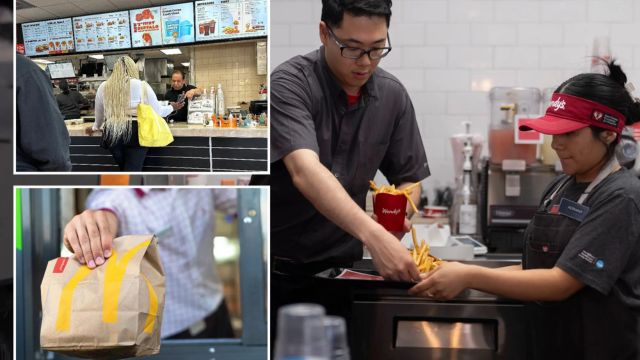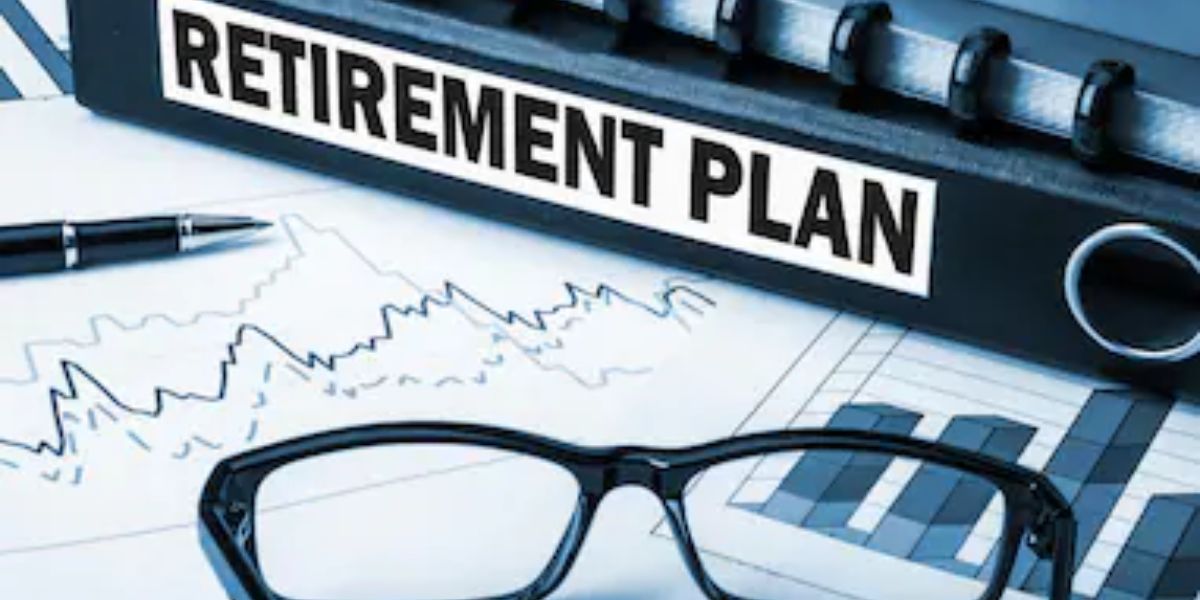New York City is now home to more people over the age of 65 than ever before, and an alarming number are living with no retirement income and increasingly working into their senior years to make ends meet, according to The Center for an Urban Future.
The think tank released new numbers on Monday and found nearly one-fifth of New Yorkers who are 65 years or older aren’t eligible for Social Security — that’s 19% not receiving the biggest social safety net for senior citizens. And nearly 60% of New Yorkers over 70 years old don’t report any retirement income at all. The report said the Bronx and Brooklyn had the highest share of older adults — 63% — who reported no retirement funds.
The worrying trends come as New York City braces for major cuts to federal safety net programs that help house and feed low-income residents and as it hammers out its final budget for the coming year.
“It’s the poverty problem that no one is talking about,” said Jonathan Bowles, executive director of the Center for an Urban Future. “You start to understand why we see so many older immigrants collecting cans across the city, and why older adults of all backgrounds are lining up in huge numbers at food banks.”
The Manhattan-based public policy group said older adult New Yorkers now make up 16% of the city’s census, or 1.4 million people. That’s more than the entire population of Dallas, the ninth-largest city in the United States.
More than 250,000 New Yorkers over the age of 65, or 18%, are living in poverty, and Bowles said that rate is climbing faster than the overall population of older adults. Poverty rates are highest among older Hispanic and Asian residents. The trend is the worst in the Bronx, where 1 in 4 older adults are below the poverty line.
“You work all your life and you can’t even eat, you can’t buy clothes, you can’t buy toiletries,” said Michelle Bethea, 69. “I worked 30 years, this is insane.”
Bethea lives alone in Morningside Heights and relies on Encore Community Services, a nonprofit focused on helping older adults, to deliver hot meals to her door. Her daughter also sometimes brings groceries or cooked food.
Beathea said half of her Social Security check goes toward covering her rent, and the rest isn’t enough to cover her medication and other bills.
“You know how many things I have stopped eating? The steak went up to $17.99. Chicken wings, oh Jesus. Fish,” Bethea said.
Bowles said not all older adults can rely on family in the city. Others aren’t eligible for Social Security because they don’t have legal status or didn’t work long enough on the books because they worked in the cash economy. About half the older adult population in the city is foreign-born.
The Adams administration said the mayor’s executive budget restores and baselines funding to the Department for the Aging’s $570 million budget, which provides support for older adults.
“Mayor Adams has heard directly from older adults in New York City at more than 20 town halls and has been dedicated to improving the quality of life for this population,” City Hall spokesperson Liz Garcia said.
“We will continue to find ways to support older New Yorkers so they can live independently, in their communities, with the dignity and respect they deserve.”
But Bowles said that still accounts for less than 1% of the city’s overall budget.
”This goes beyond just a few extra dollars for the [Department for the Aging]. There’s a crisis here of older adult poverty and we need a multifaceted approach to address this crisis,” Bowles said.
The City Council’s Committee on Aging will hold a budget hearing on the mayor’s spending plan on Monday at noon.




